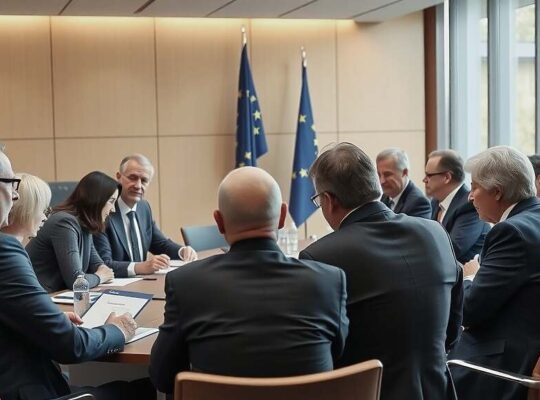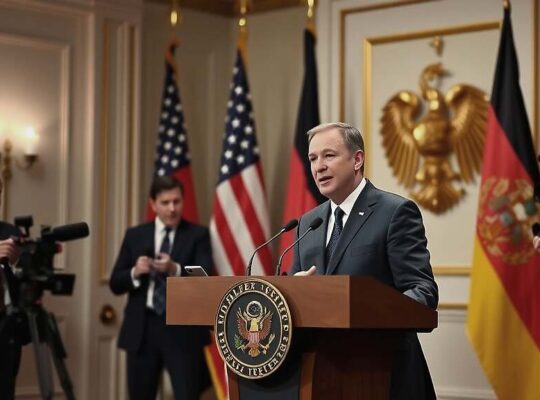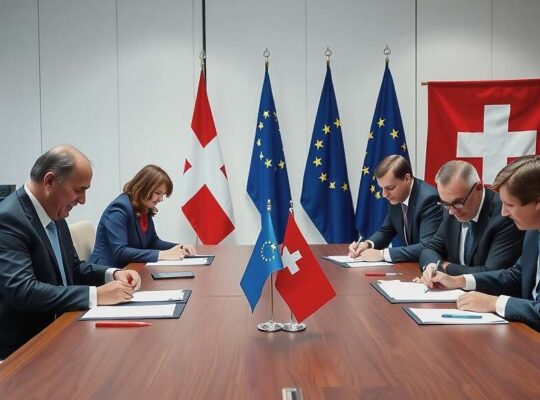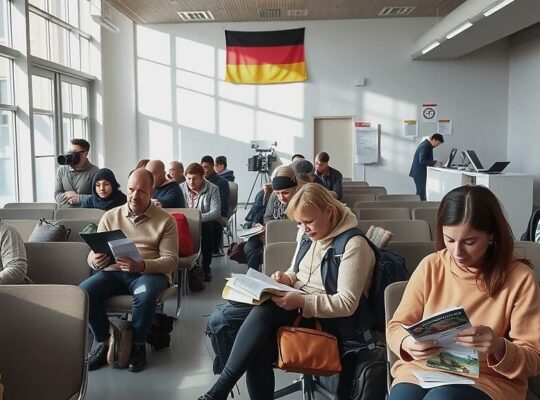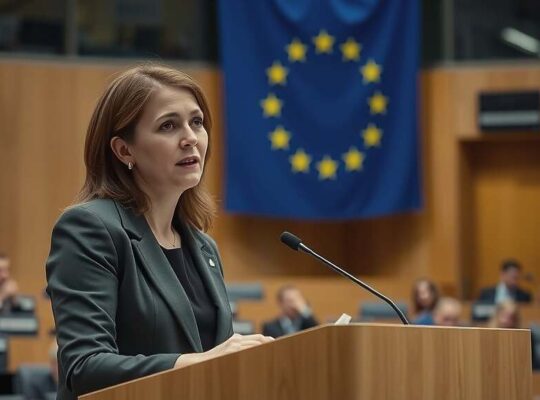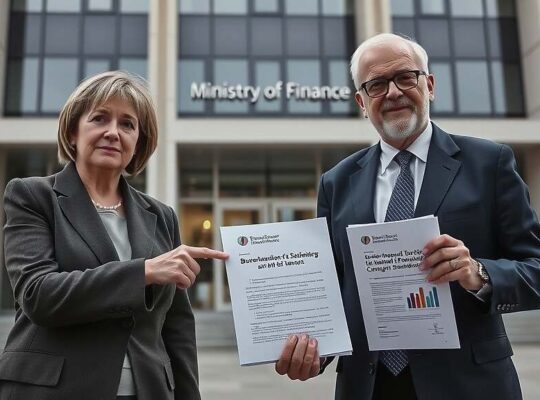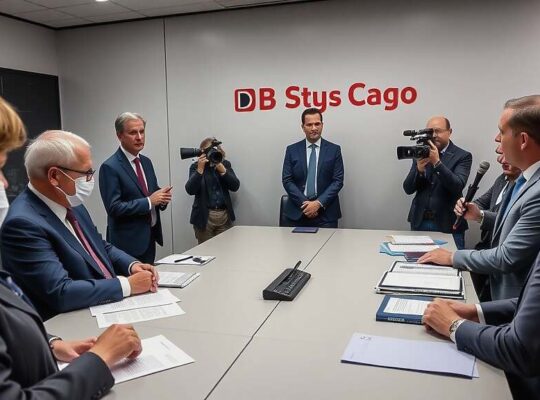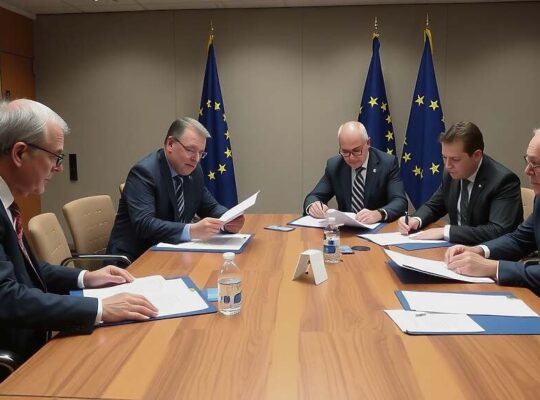The European Commission is increasingly leaning on nature-based credits as a crucial funding mechanism to meet ambitious restoration targets, signaling a shift in strategy amidst growing concerns over financing gaps. EU Environment Commissioner Jessika Roswall has championed the concept, emphasizing the need for market-driven incentives to reward landowners and actors engaged in restoration efforts, such as the rewetting of peatlands or renaturalization of riparian habitats.
“There’s an inherent imbalance” Roswall stated, addressing the Tagesspiegel Background Agrar & Ernährung briefing. “Those undertaking restoration upstream often bear the costs, while downstream users benefit. Appropriate payment mechanisms must be established to address this.
While the EU’s commitment to allocate at least 35% of its budget to climate and environmental objectives from 2028 onward represents a significant investment, Roswall acknowledges that public funds alone are insufficient. The Commission is actively seeking innovative solutions, specifically championing nature-based credits and recognizing opportunities for private sector investment in ecological restoration. This move underscores a recognition that achieving the EU’s biodiversity goals will require a broader ecosystem of financial support, venturing beyond traditional public funding streams.
The EU’s landmark Nature Restoration Regulation, currently undergoing implementation at the national level, is facing scrutiny. Germany’s national plan, spearheaded by the Federal Agency for Nature Conservation, is slated for presentation in early 2026, but a previously planned report assessing potential financing shortfalls has been indefinitely postponed – a detail raising questions about the feasibility and commitment to fully funding the initiative.
Roswall addressed concerns surrounding the regulations, maintaining that the overall direction remains clear in its purpose: fulfilling international biodiversity commitments and delivering broad benefits ranging from climate resilience to improved soil and water quality. However, she conceded that establishing credible and effective structures for nature-based credits, crucially designed to avoid the risks of “greenwashing” constitutes a significant hurdle.
Despite ongoing criticism leveled against the broader Green Deal agenda, the Commission remains steadfast in its pursuit of EU-wide sustainability. Roswall announced plans to introduce a Circular Economy Law next year, alongside an initial package focused on plastics recycling before Christmas. This initiative aims to mitigate the pressure on European recycling businesses caused by the influx of cheaper recycled materials from imports, safeguarding domestic recycling capacity. “We understand why strengthening the circular economy is crucial” Roswall asserted, “because we are consuming resources faster than the planet can regenerate”.



